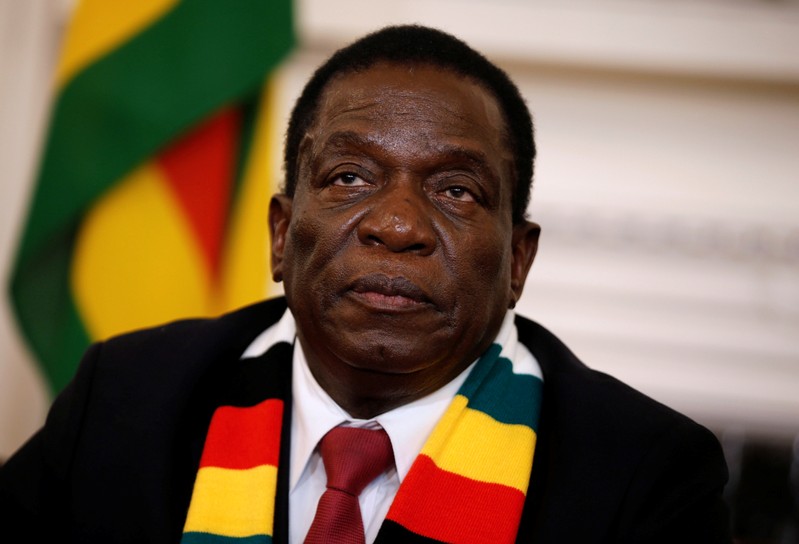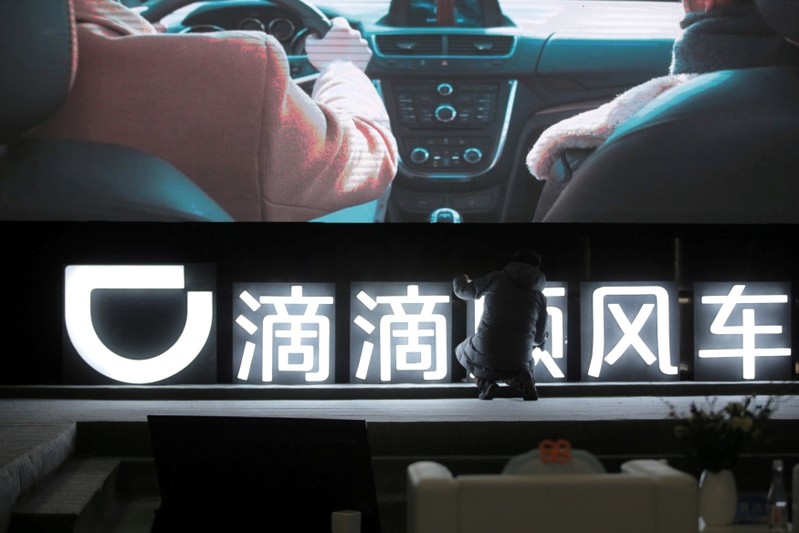
FILE PHOTO: Zimbabwe’s President Emmerson Mnangagwa looks on as he gives a media conference at the State House in Harare, Zimbabwe, August 3, 2018. REUTERS/Philimon Bulawayo
August 26, 2018
By MacDonald Dzirutwe
HARARE (Reuters) – Emmerson Mnangagwa was due to take the oath as Zimbabwe’s president on Sunday after a divisive election, as U.S. observers of that vote questioned the country’s democratic credentials.
The Constitutional Court confirmed Mnangagwa as president in a ruling released on Friday, dismissing a challenge by the man he defeated in the July 30 ballot, opposition leader Nelson Chamisa.
Thousands of people, some bussed in from outside the capital, and foreign leaders were gathered at the country’s national stadium in Harare to witness the swearing-in of Mnangagwa, who just secured the 50 percent of votes he needed to avoid a runoff against Chamisa.
The election was touted as a crucial step toward shedding the pariah reputation Zimbabwe gained under Mnangagwa’s predecessor Robert Mugabe, and securing international donor funding to revive a crippled economy.
But hours before Mnangagwa’s inauguration, the International Republican Institute and National Democratic Institute said the country lacked a “tolerant democratic culture” in which political parties were treated equally and citizens allowed to vote freely.
The election was marred by procedural lapses and followed by an army crackdown against opposition supporters, undermining promises that Mnangagwa made during campaigning to break with the corruption and mismanagement that become endemic under Mugabe.
The crackdown, which left six people dead on Aug. 1, recalled the heavy-handed security tactics that marked the 37-year rule of Mugabe, who was removed in a coup in November.
The U.S. observers also urged “all sides to rely on peaceful expression and to avoid acts or threats of retribution against political rivals following the Constitutional Court’s decision.”
Washington has maintained travel and financial sanctions on senior ruling party officials, including Mnangagwa, as well as some state-owned firms. Washington’s support is key if Zimbabwe is to get any funding from the International Monetary Fund.
The European Union, meanwhile, has progressively removed sanctions and they only remain in place on Mugabe and his wife Grace.
(Reporting by MacDonald Dzirutwe; editing by John Stonestreet)

